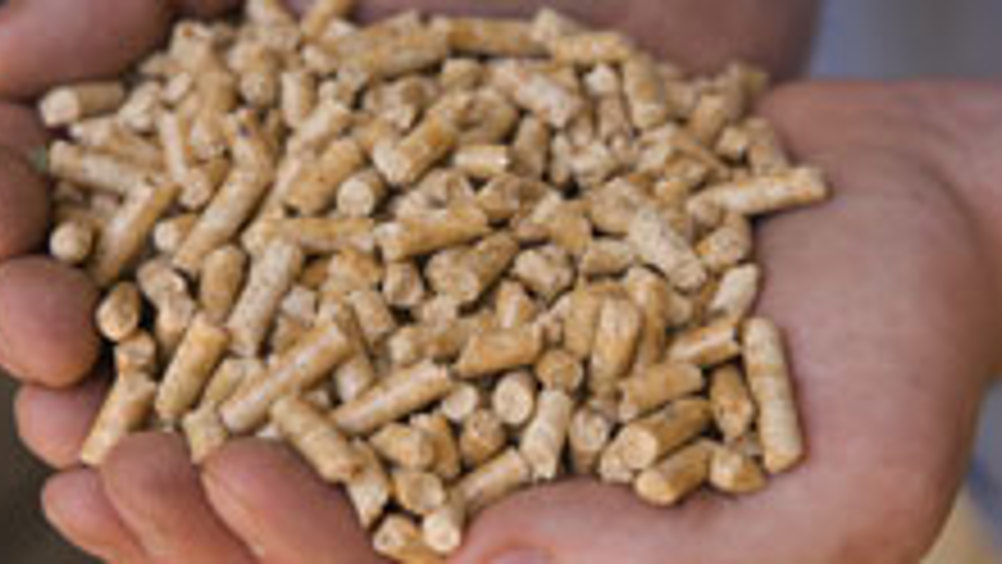Chopping and changing

Scientists at Queen's University Belfast have discovered a new eco-friendly way of dissolving wood that may help its transformation into products such as biofuels, textiles, clothes and paper.
Dr Héctor Rodríguez and Prof Robin Rogers from the university’s School of Chemistry and Chemical Engineering worked with researchers at the University of Alabama, Tuscaloosa, to come up with a more cost and energy-efficient way of processing wood.
At present, wood is mainly broken down by the Kraft pulping process, which originated in the 19th century and uses a wasteful technology that relies on polluting chemicals.
The key reason for using this method is that, until now, it has been very difficult to break down and separate the different elements of wood any other way, and any alternatives to the process have presented similar problems.
The researchers found that chips of both softwood and hardwood dissolved completely in ionic liquid and only mild conditions of temperature and pressure were needed. By controlled addition of water and a water-acetone mixture, the dissolved wood was partially separated into a cellulose-rich material and pure lignin.
Register now to continue reading
Thanks for visiting The Engineer. You’ve now reached your monthly limit of news stories. Register for free to unlock unlimited access to all of our news coverage, as well as premium content including opinion, in-depth features and special reports.
Benefits of registering
-
In-depth insights and coverage of key emerging trends
-
Unrestricted access to special reports throughout the year
-
Daily technology news delivered straight to your inbox










Breaking the 15MW Barrier with Next-Gen Wind Turbines
The key point s that wind power is intermittent. There is a lot of crowing when it is the main source of power generation but things fall silent when...